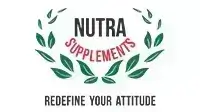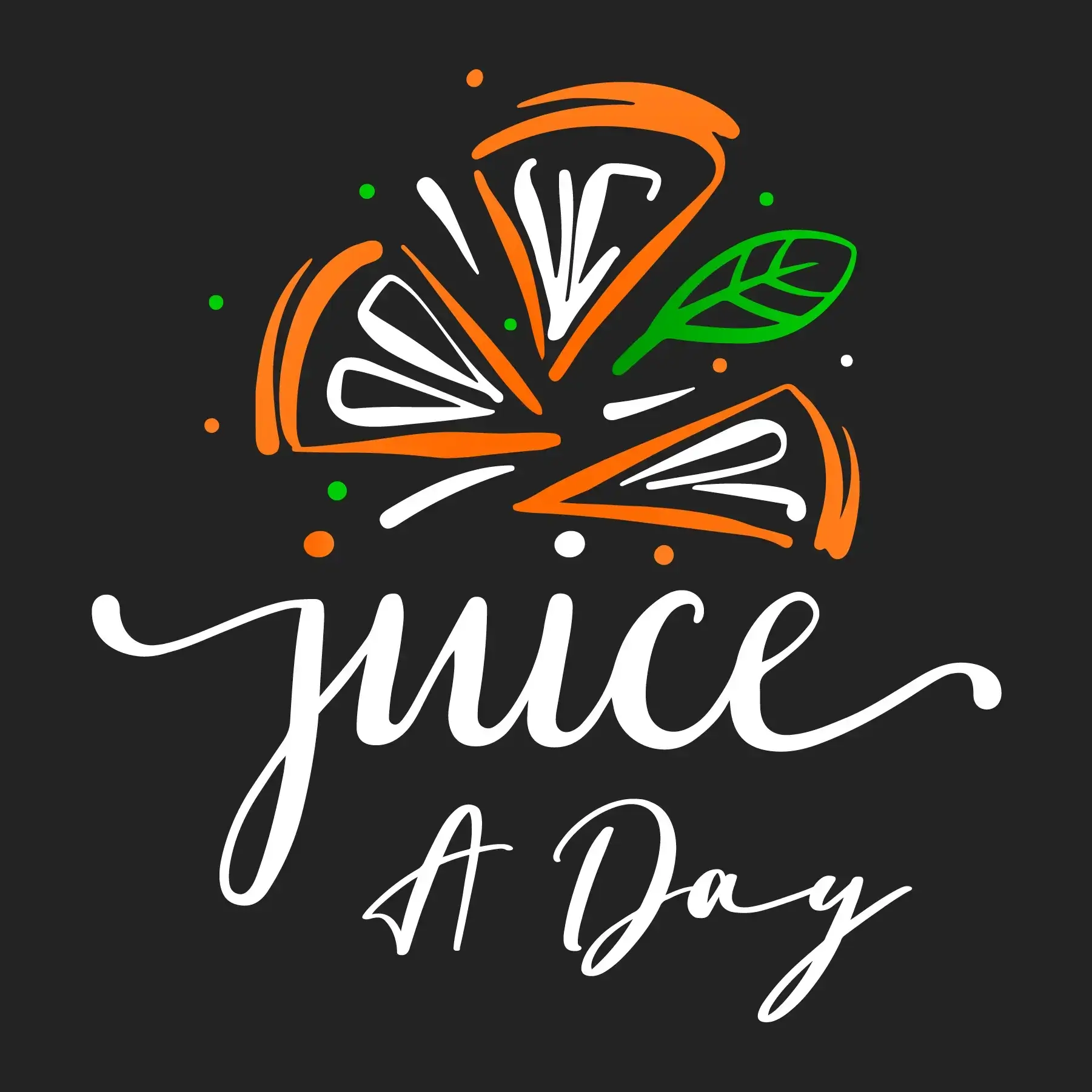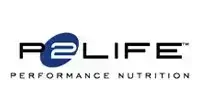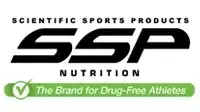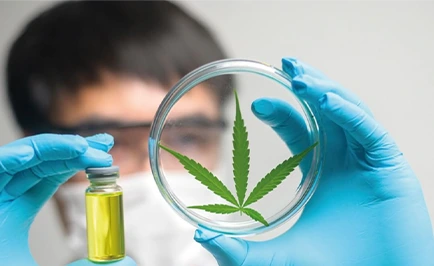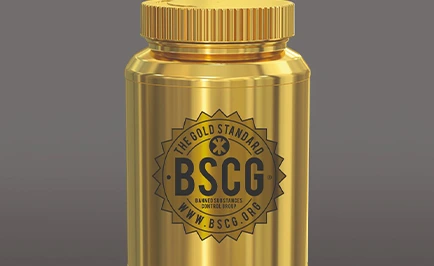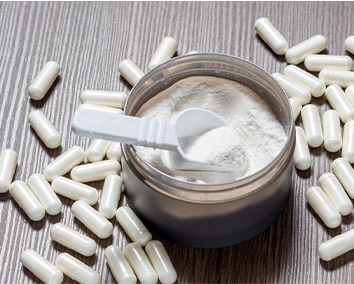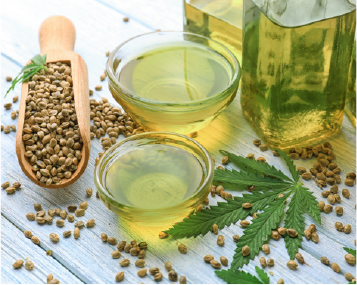Kratom - One Supplement To Avoid This January
Jan 08, 2025
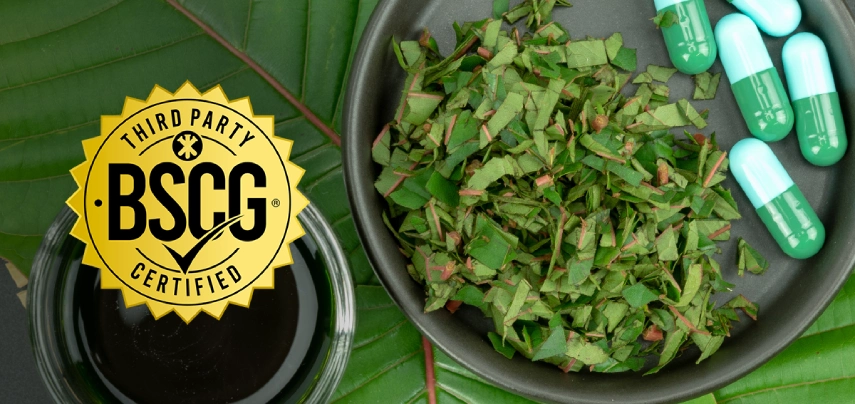
Kratom - One Supplement To Avoid This January
New Year’s resolutions are often where dreams of stone-cut abs meet the reality of sketchy supplements and unknown ingredients. Setting goals at the start of a year does inspire many, with 55% of people claiming that they achieved their resolutions when they were checked on one year later. This annual fitness surge may spark a rise in gym memberships and in the use of supplements marketed to accelerate results. But lurking behind flashy packaging and miracle promises are risks that could sabotage progress—or worse, endanger health. Among these trends, kratom has begun to creep into the spotlight as a controversial pre-workout alternative. What exactly is kratom, and is it safe - or even legal?
What Is Kratom?
Kratom comes from the tropical tree Mitragyna speciosa, which is native to Southeast Asia. Some people take it to get a high-like feeling, which is in part why it has garnered a bad reputation. In some ways, kratom reacts differently to each person because varying amounts of active chemicals and doses change its effects. In low doses, it can have a stimulant effect, while in high doses, it acts as a sedative. Currently, it’s sold as a herbal product that can offer pain relief, energy boosts, mood elevation, and help with opioid withdrawal. However, its unregulated status, safety concerns, and lack of FDA approval raise some serious red flags, especially when taken as a fitness supplement. According to the FDA, kratom is not legally sold as a dietary supplement or food additive, and its use carries risks, including severe side effects and potential addiction. The bottom line from the FDA is that it should not be used as a dietary supplement.
Why Kratom Is Gaining Attention as a Fitness Supplement
Kratom is now often promoted as a natural alternative to traditional stimulants in pre-workout supplements in addition to an alternative means of addressing opioid addiction. Fitness enthusiasts and some supplement companies claim it enhances focus, energy, and endurance. That is everything you’d want if you were looking to get a good workout in. Sadly, there’s a misguided perception that kratom is somehow a safer, plant-based option. It has chemical components, mitragynine, and 7-hydroxy mitragynine, which interact with opioid receptors in the brain, mimicking the effects of opioids and presenting similar risks, including dependence and withdrawal.
The Risks of Using Kratom
The FDA warns that kratom use can lead to serious health issues such as:
- Liver toxicity
- Seizures
- Addiction
- Respiratory depression
- Severe drug interactions
There have even been deaths associated with kratom, though this is often when combined with other substances. Naturally, the variability in product quality further amplifies these risks, so without official FDA oversight, kratom products may contain contaminants like heavy metals or Salmonella, as documented in several FDA warnings and recalls. Worth the risk? Probably not.
Is Kratom Legal?
Kratom occupies a legal gray area in the United States, mainly because it’s not federally regulated. While it is banned in several states, including Alabama, Arkansas, Indiana, Rhode Island, Vermont, and Wisconsin, it remains legal in others. Countries like Australia, Malaysia, and many in the European Union have prohibited its use. This patchwork of regulations complicates efforts to ensure consumer safety and raises questions about its place in the supplement or natural product industries.
Third-Party Certification Programs Offer Supplements People Can Trust
Athletes, mainly those subject to drug testing, cannot afford to take chances with products that may contain harmful substances like kratom or other performance-enhancing drugs that may contaminate products or be lurking as an unlabeled ingredient. Third-party certification programs like BSCG’s Certified Drug Free and Certified Quality programs offer peace of mind by rigorously testing supplements for over 500 banned substances. These certifications also help to ensure products are free from contaminants and meet label claims, allowing athletes and consumers to trust what’s in the package and not be concerned there is something hidden that may harm their health or lead to a positive drug test. As fitness fads gain traction during peak resolution season, unregulated products like kratom can pose serious risks. Some of these trends can derail your fitness journey and harm your health. Navigating the supplement landscape doesn’t have to feel like stepping into a minefield. Athletes and consumers alike can pursue their fitness goals with confidence by prioritizing third-party certified products they can trust. The surge of New Year’s resolutions may bring a flood of trends, but with the right tools, people can make informed choices that protect their health and performance.



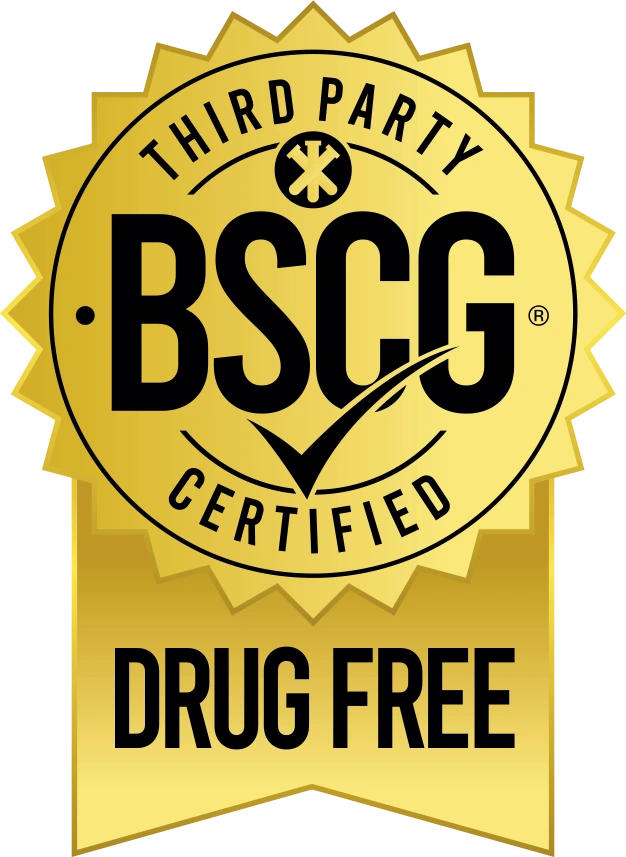
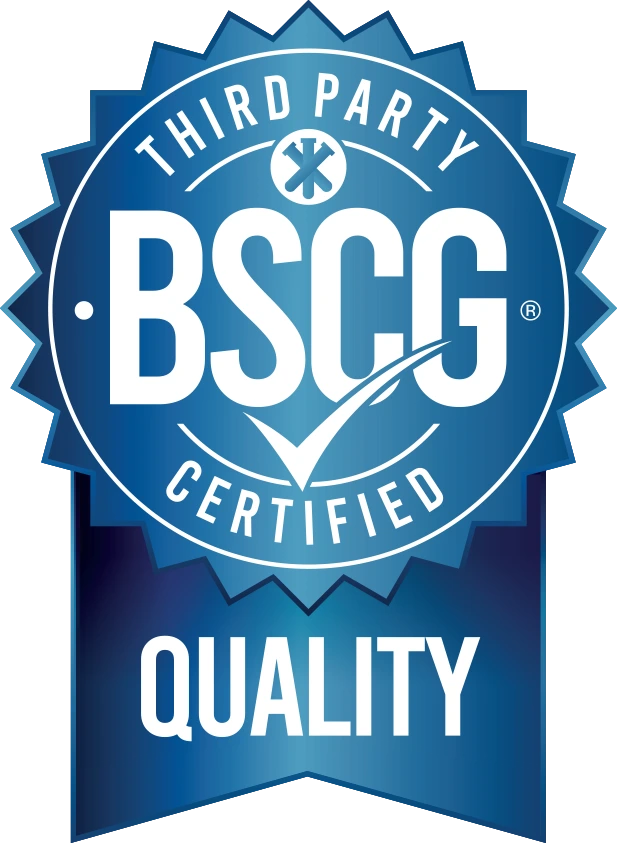

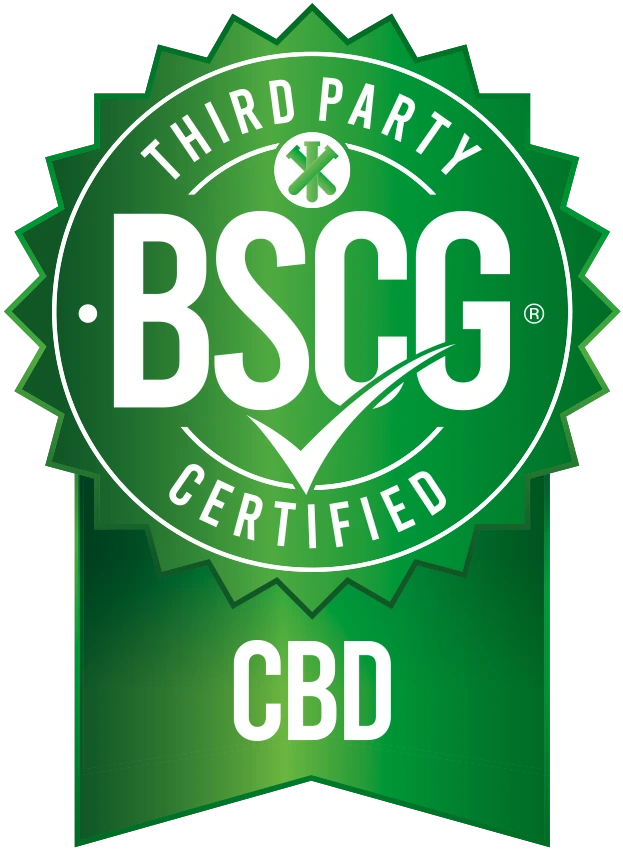


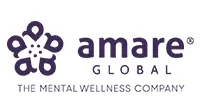




























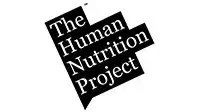












.webp)







